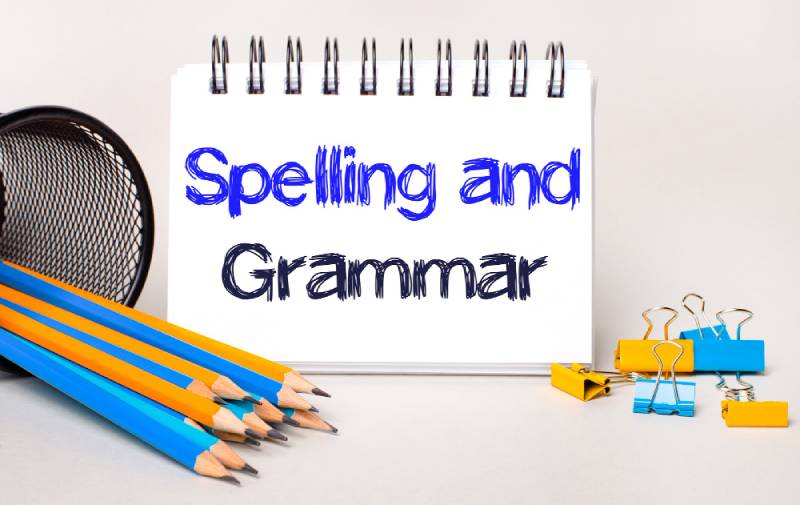To ask a question in English we normally use Do or Does. But do you really know when we use one or the other? When we talk about actions, we use the words do, does and did. Do and does represent the present simple forms of the verb ‘do’, while did is its past simple form. They are mainly used to form negative and interrogative sentences. Do is used with personal pronouns, I, we, you, they. Instead, does is used with the personal pronouns he, she and it.
In the following article we will tell you all the secrets so that this is no longer a problem.
When to use do
Do refers to performing or undertaking an action, either by oneself or in response to another person’s desire. It is an auxiliary verb, used with the main verb, to form various types of sentences. Let’s see where to use “do” in our sentences:
To form interrogative sentences:
- Do you know him? – Do you know it?
To form negative sentences:
- I don’t think she is going to come for the party. – I don’t think I’ll be coming to the party.
In positive sentences
To emphasize something, that is, to provide additional information about the main verb:
- You do look sad today. – Today you are sad.
In imperative sentences
That is, positive or negative orders:
- Don’t open the door. – Do not open the door.
Etiquette questions
- I met Shahrukh Khan at the concert, don’t you? – I met Shahrukh Khan at the concert, didn’t you?
To avoid repetition of a verb or verb phrase:
- May I help you? Please do. – May I help you? Please.
When to use does
Does is nothing more than a conjugation of the verb ‘do’, which also means to perform, act or undertake any task or activity, either of one’s own free will or that of another person. It is used with the third person to form various types of sentences. Let us now see where to use ‘does’ in our sentences:
To create interrogative sentences:
- Does she go out for a walk? – Do you go for a walk?
To form negative sentences:
- He doesn’t care much about what people think. – He doesn’t care much about what people think.
In affirmative sentences
To give extra force to the main verb:
- She does work hard. – She does work hard.
Tagged questions
- She writes well, doesn’t she? – He writes well, doesn’t he?
Main differences between do and does
The differences between does and does are described in the following points:
- Do is a transitive verb, which has both subject and object. It is an action verb meaning to perform, act or carry out any task or activity. On the other hand, does is just a conjugation of the verb ‘do’ used with a third person singular present tense.
- While we use ‘do’ with plural nouns such as teachers, parents, children, judges, dogs, cats, etc., we use does with singular nouns such as my teacher, my mother, the child, the judge, the dog, the cat, etc.
- Do is used with the personal pronouns, the first person singular ‘I’, the plural ‘we’, the second person ‘you’ and the third person plural ‘they’. In contrast, does is also used with the third person singular he/she/it. In addition, do is also used with the demonstrative pronouns these and those, while does is used with this and that.
- We use do to form imperative sentences, that is, positive or negative commands, but we never use does to create imperative sentences.



